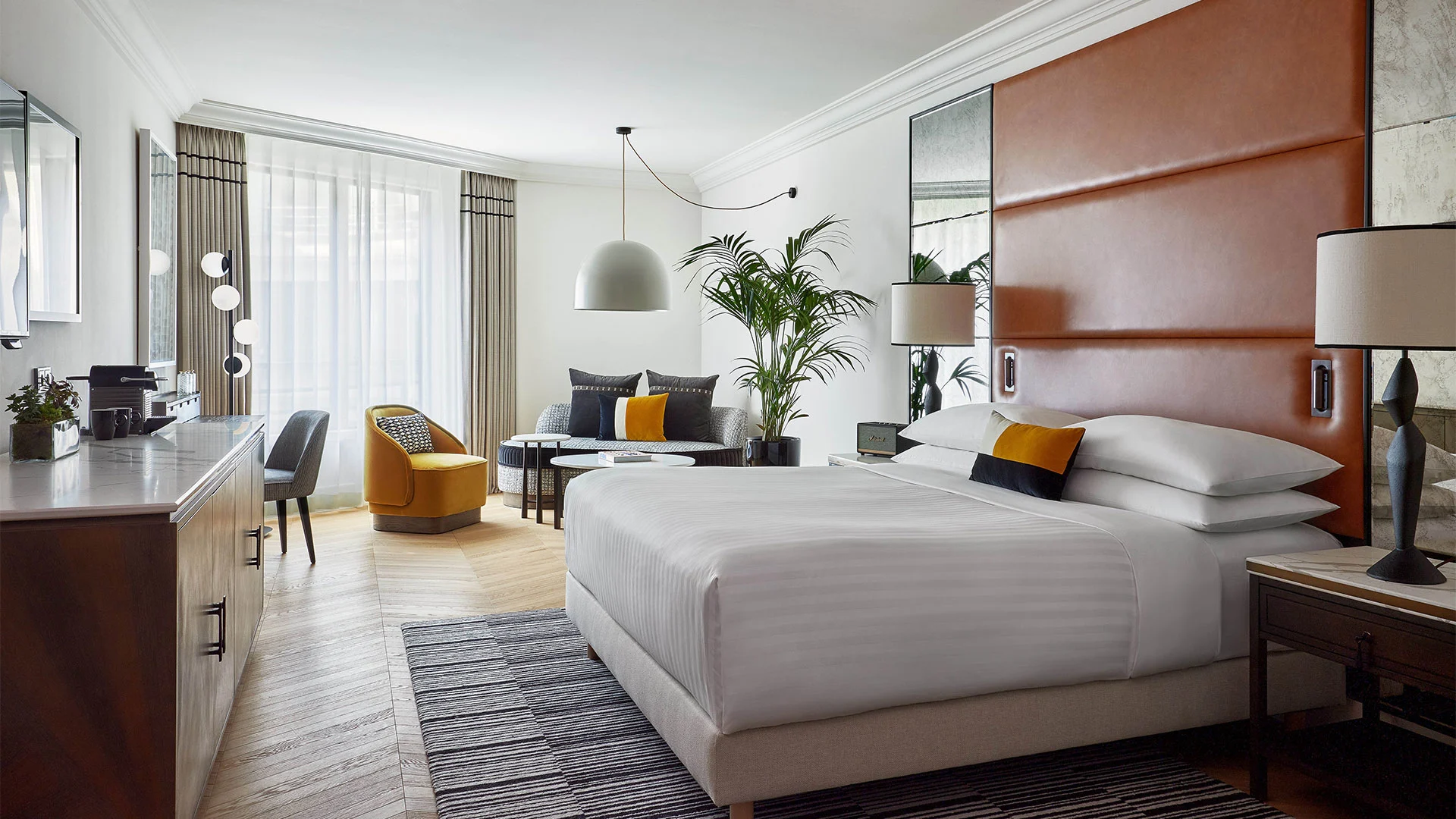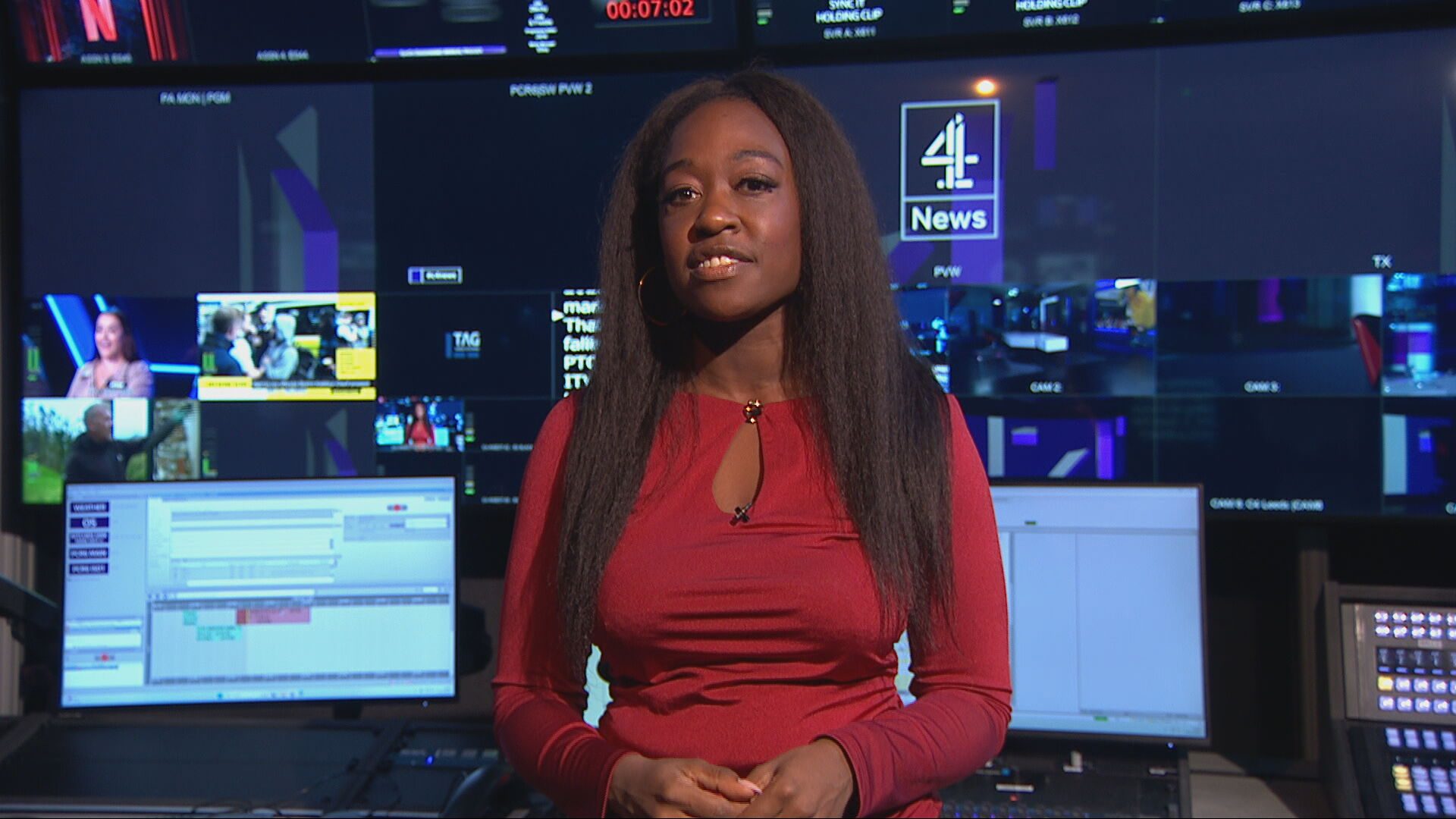Copyright scotsman

Next year voters in Scotland will have the opportunity to vote for their MSPs at the Holyrood election – all of them, without exceptions. The electorate will decide on each person in the new legislature and consequently the inhabitant of Bute House. Every voter, regardless of who they vote for, or if they decide not to cast a vote, will in one way or another decide the legislature in Edinburgh. This is worth repeating since that is not the case at the more powerful parliament in London. Remarkably in the 21st century, when democracies have proven to provide better governance than the autocratic alternative, the Houses of Parliament lag behind. Over half of legislators who can sit in parliament are appointed due to political connections or an accident of birth. The House of Lords is bulging with over 850 members. Unlike with the Scottish Parliament, you don’t get a say on who any of them are or whether their term should come to an end. They are there for life. READ MORE: Peter Mandelson affair shows why Labour should have stuck to historic pledge to scrap Lords This is a recurring problem but one highlighted recently in the form of Labour’s Peter Mandelson and the Conservative appointee Michelle Mone. The Prime Minister does not believe that Lord Mandelson is fit to be the UK’s Ambassador to the United States due to his association with former financier Jeffrey Epstein, yet Lord Mandelson is still a member of the Lords with the ability to influence the laws that govern us. The same goes for Baroness Mone whose business interests have been questioned in the House of Commons, with a company linked to her ordered to repay £145.6 million to the UK Government for breaching a Covid contract. But there is nothing we can do to remove either of them. As Baroness Mone herself put it, in response to a social media post by my former colleague Stewart MacDonald, “I’m a baroness for life, whereas u will be out of your job in no time”, branding Mr MacDonald a “moron” in the process. She was right in one sense. Mr MacDonald was voted out. In my opinion that was a loss to parliament, but the electorate was wholly within its rights to do so. They cannot do the same for Baroness Mone and should citizens believe that she is no longer fit to legislate on our behalf there isn’t much any of us can do about it. There are those who argue that the Lords doesn’t matter, and the Commons is the more powerful chamber. They may be right on the second point but not the first. During this parliamentary session, 50 bills have already been introduced in the Lords, with 13 already having gained Royal Assent to become acts. This is almost half of all legislation passed so far and includes laws on data usage and water management among others. Several ministers including some members of Cabinet are answerable to the Lords rather than the Commons, with the legislature costing us £144 million a year. I don’t begrudge members of the Lords the financing that allows them to do their job. Making laws is an important job and there are many fine individuals who sit in that chamber. I do however have a problem with its accountability. It shouldn’t be that controversial to state that if you are going to have a second chamber, you should hold elections, pay the successful candidates in line with other public officials and expect them to turn up for work. The fact we don’t take these simple steps points to a huge accountability problem in the way the UK is set up. The questions around accountability are not restricted to the Lords in our governance mechanisms. The latest debacle over Prince Andrew, or rather Andrew Mountbatten Windsor, also showed weaknesses in the way in which the Head of State and that person’s immediate family have a role in public life with direct consequences for us all. Like the Lords, the Head of State is not subject to the whims of the electorate. The King has his job because he inherited it from his Mum. That is fine and the UK is not alone in having a monarchy in democratic Europe. However, it is one that is particularly unaccountable. There are prohibitions in place around MPs mentioning the Royal Family with the Speaker reminding the elected House last month that “criticism of members of the Royal Family cannot be made as part of questions”. This has meant that parliamentarians seeking to scrutinise Andrew’s role were restricted in what they ask about someone who could still be the UK’s Head of State one day. There are some allowances around finances, which is just as well since the Sovereign Grant costs us over £86m at the last count, a cost that has almost tripled in real terms over the past decade. Westminster has not had a great track record in governance in recent years with attempts to illegally prorogue parliament, the damage of austerity and a hard Brexit. This underlined the weakness of the UK’s unwritten constitution and the lack of checks and balances with consequences for public services, our rights as citizens, and the UK’s weakened standing in the world. Governing institutions matter and constitutional issues attract attention because they determine how our society is governed, and decisions are made. The UK has an accountability problem. As Oscar Wilde’s Lady Bracknell might have put it to have one major institution unelected and unaccountable may be seen as unfortunate, to have two is more than careless. Stephen Gethins is the MP for Arbroath and Broughty Ferry



